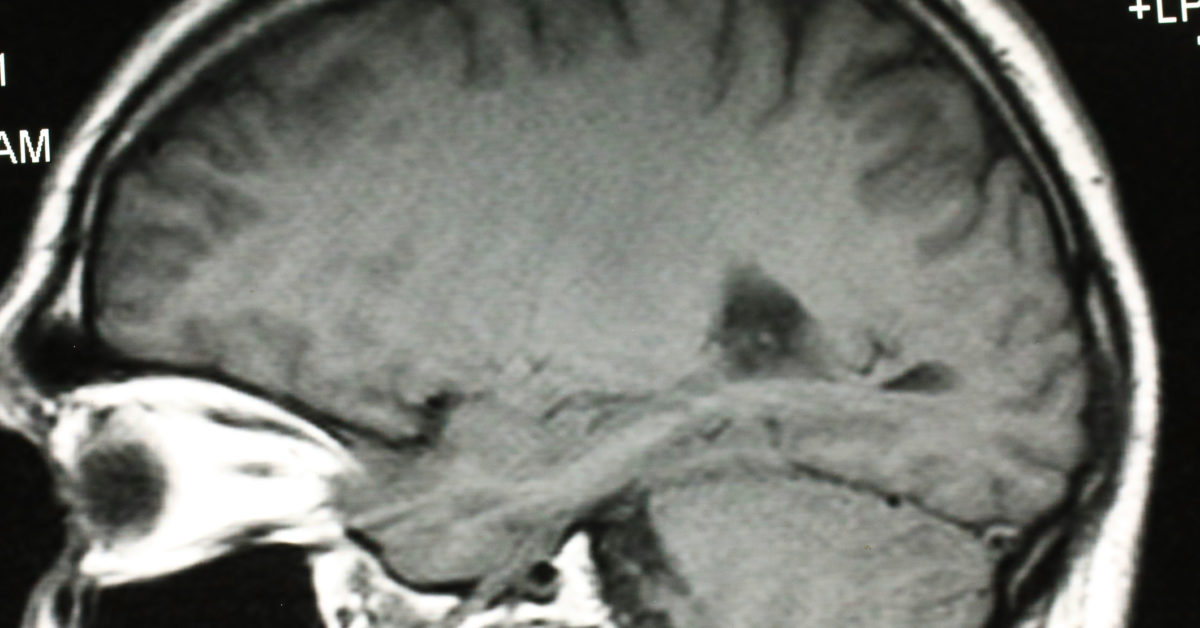The drug, called lumefantrine, may improve the success rate of radiation and chemotherapy treatments for a severe type of brain cancer.
Glioblastoma multiforme (GBM) is an especially aggressive form of cancer that is difficult to treat.
With currently available therapies, the 5-year survival rate for people with GBM is 5.6%. Doctors currently have no way of preventing the recurrence of the disease.
Experts estimate that malignant brain tumors and cancers of the central nervous system — 81% of which are glioblastomas — kill 241,000 people each year worldwide.
New research finds that lumefantrine, a drug approved by the Food and Drug Administration (FDA) to combat malaria, can enhance the effectiveness of the primary drug used to treat GBM.
The study’s principal investigator, Prof. Paul Fisher, chair of the Virginia Commonwealth University’s Department of Human and Molecular Genetics, explains that his team had been investigating whether approved pharmaceuticals could help weaken GBM’s resistance to chemotherapy.
“Our studies uncovered a new potential application of the antimalarial drug as a possible therapy for [GBM] resistant to the standard of care, entailing radiation and temozolomide.”
The findings appear in in the journal Proceedings of the National Academy of Sciences of the United States of America.
The current standard of care for treating GBM is radiation combined with chemotherapy, specifically temozolomide. Together, they can marginally extend the life expectancy of people with GBM, but th

